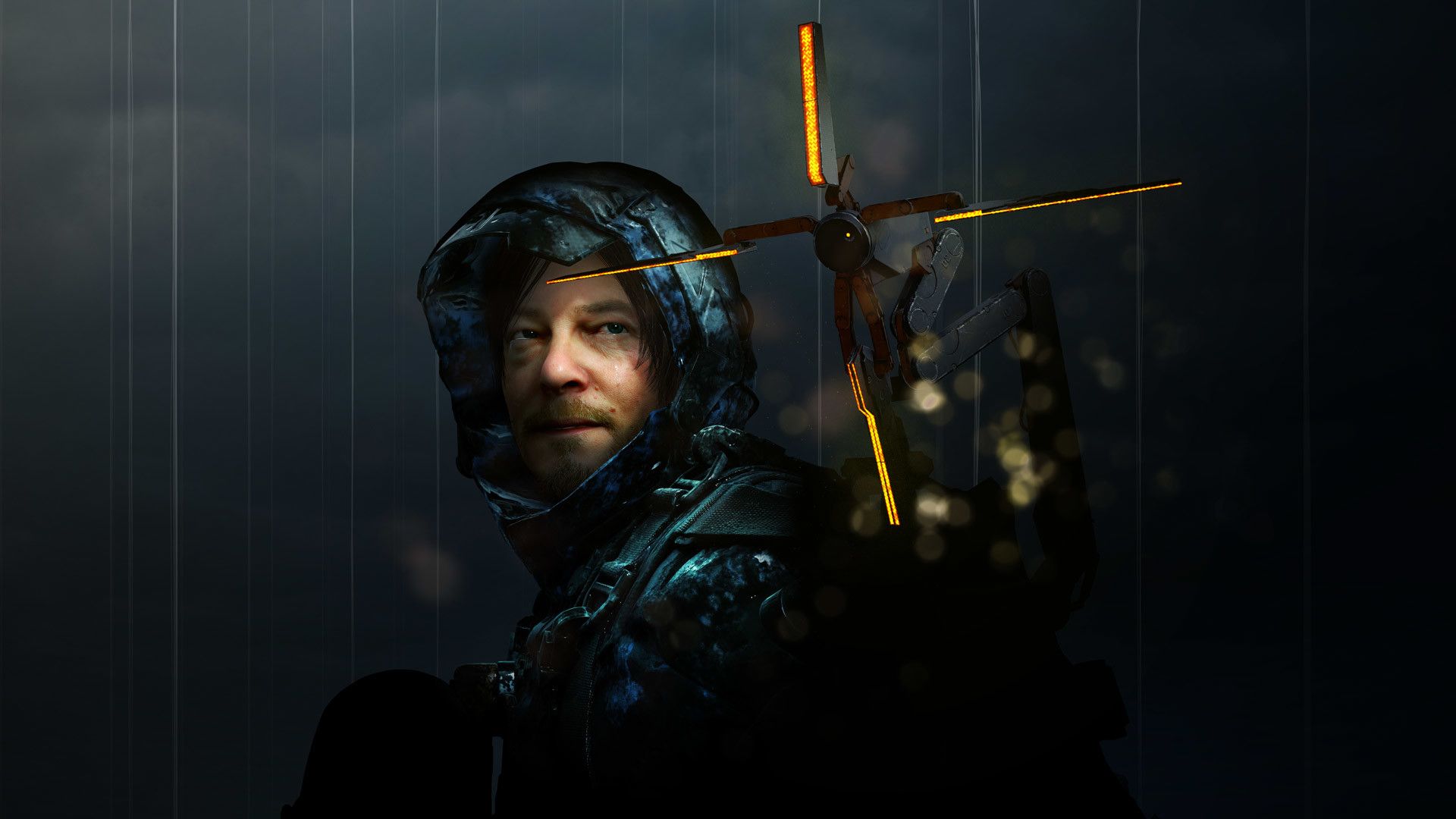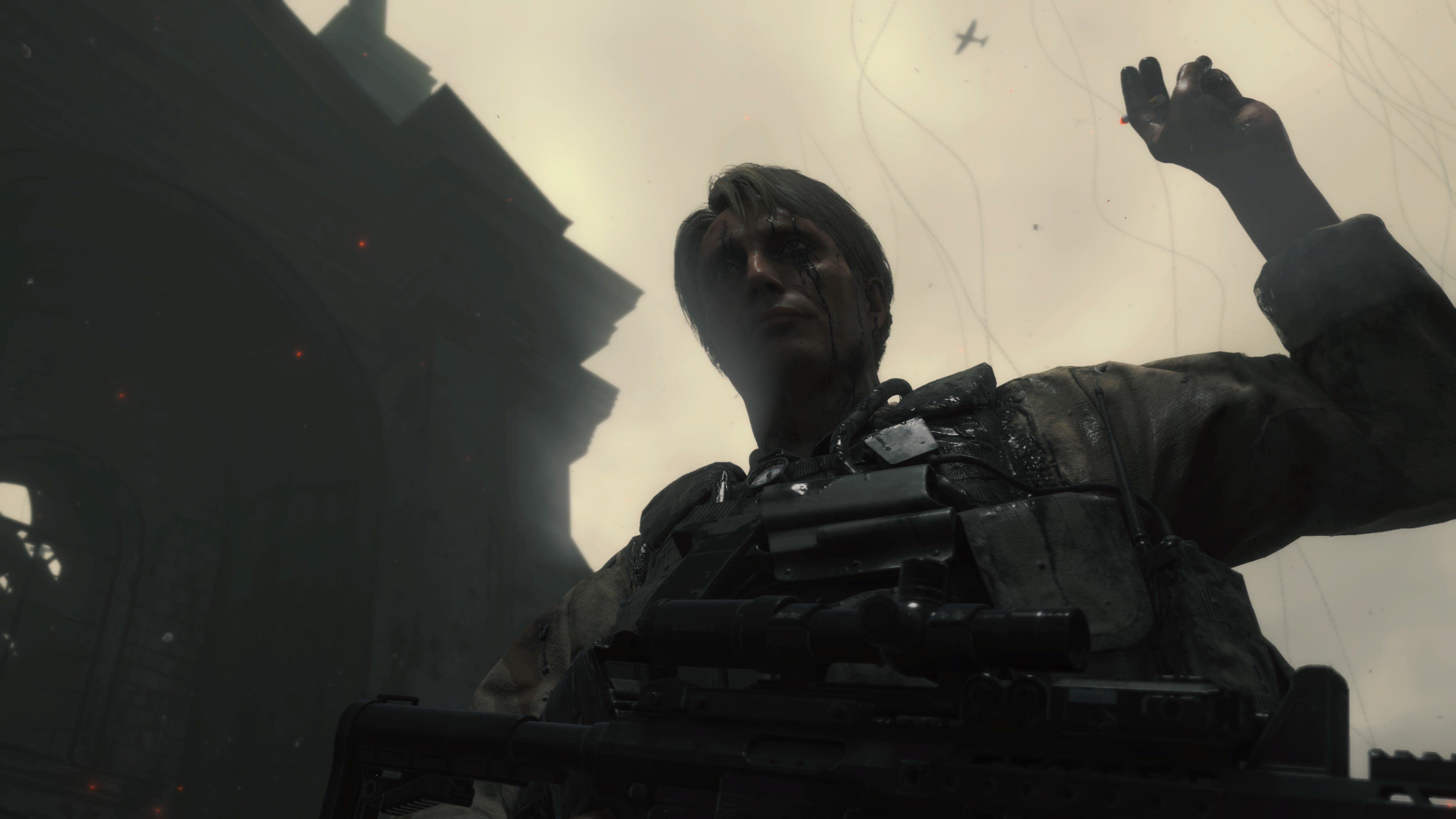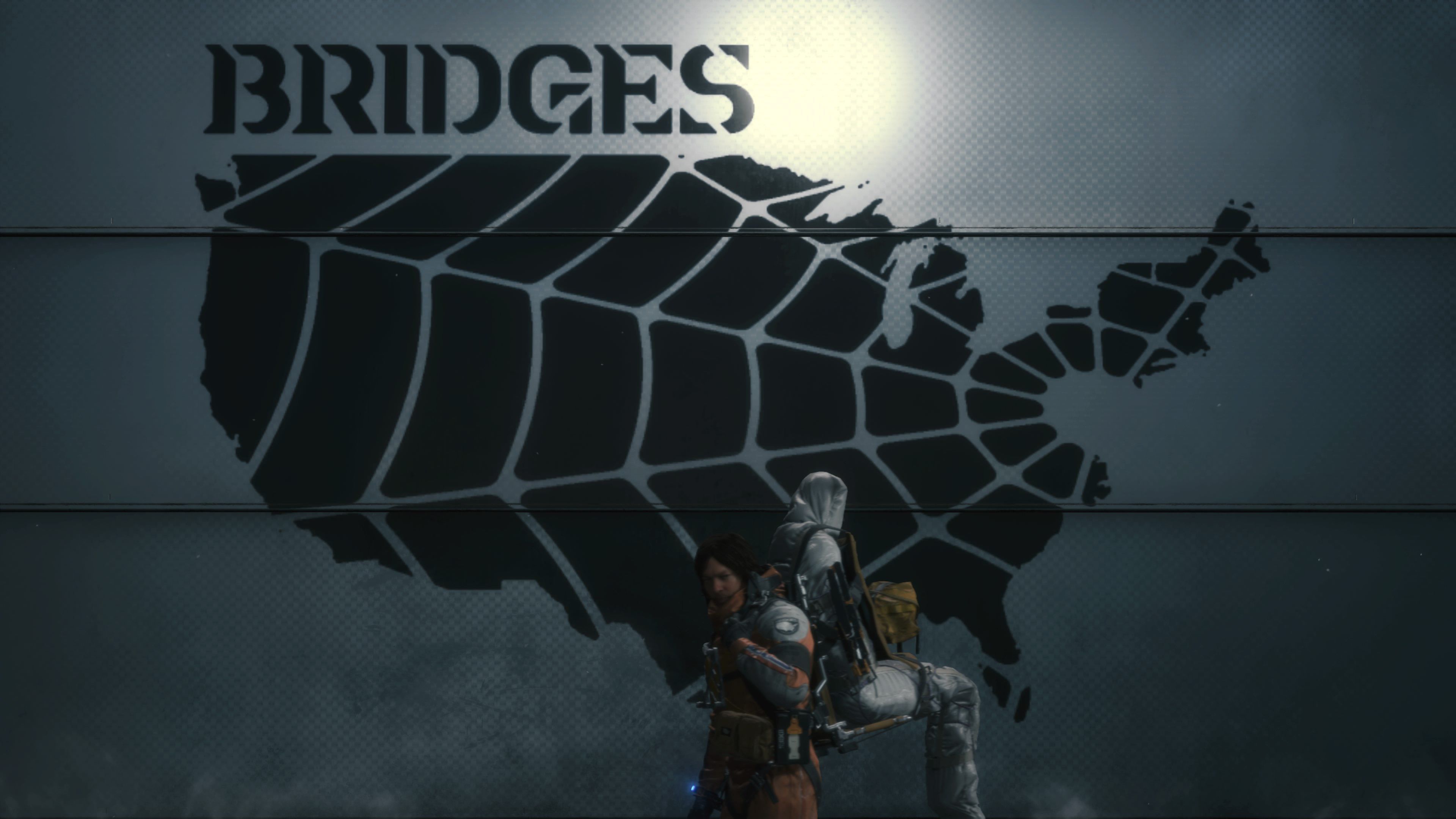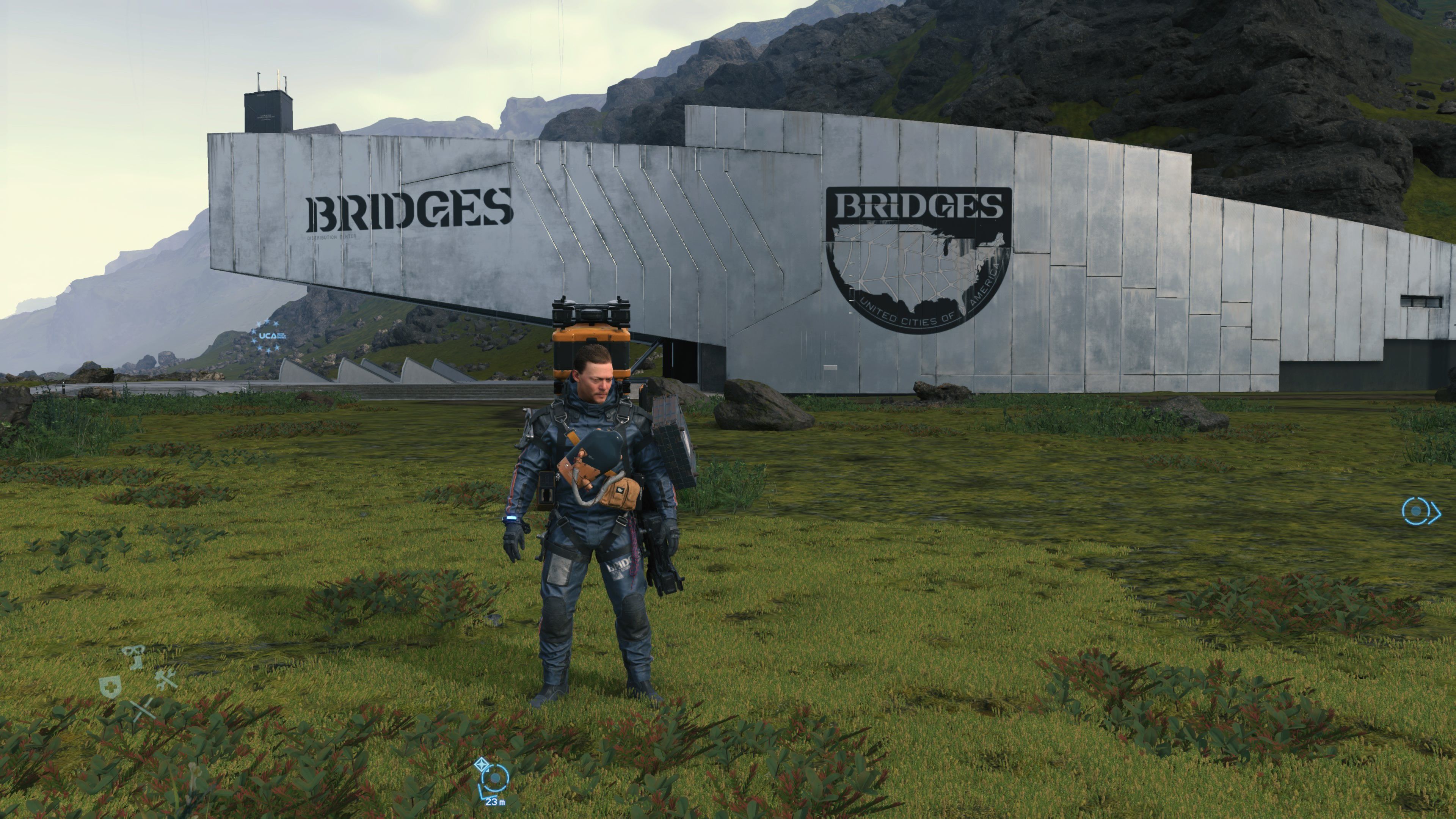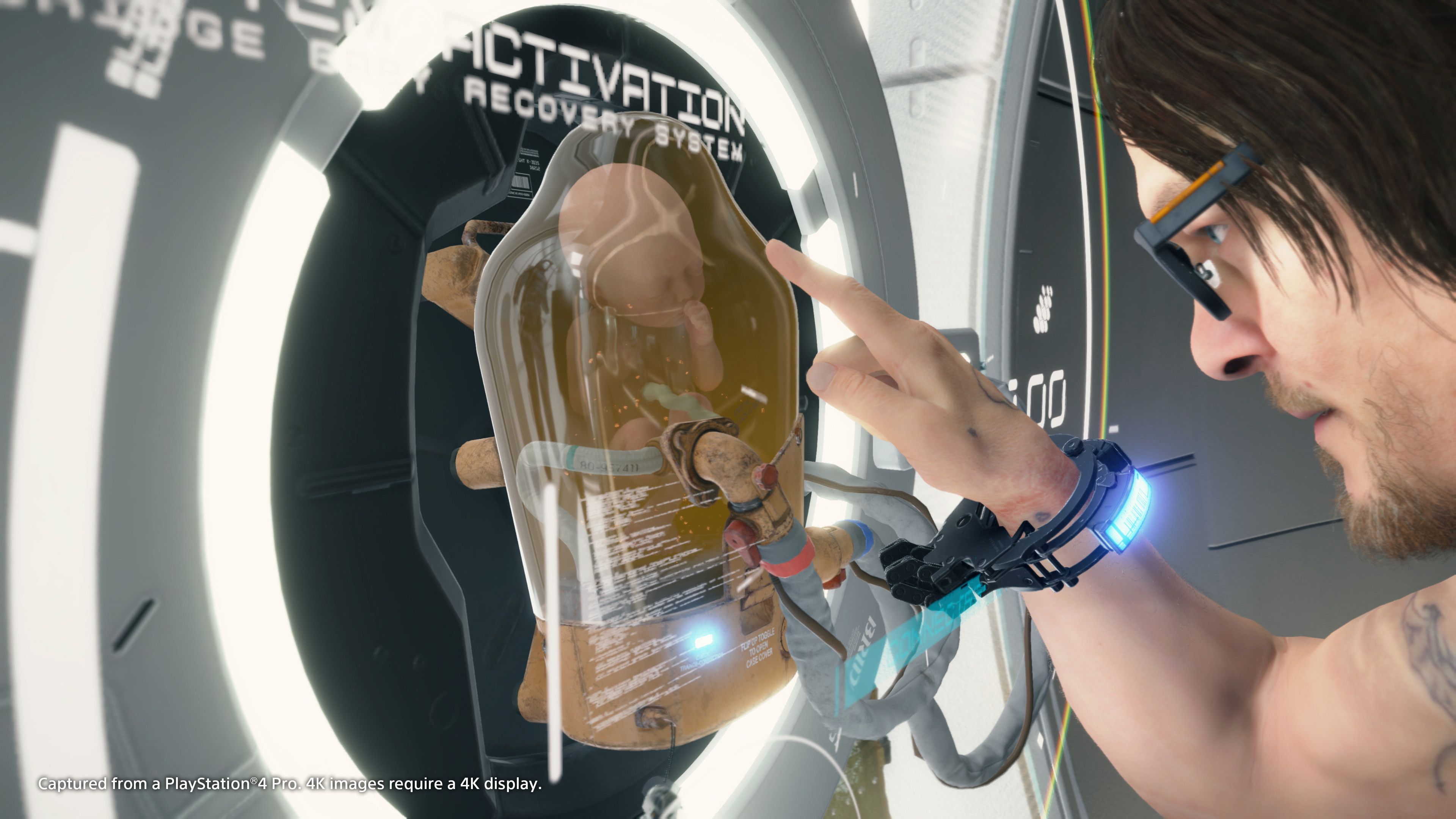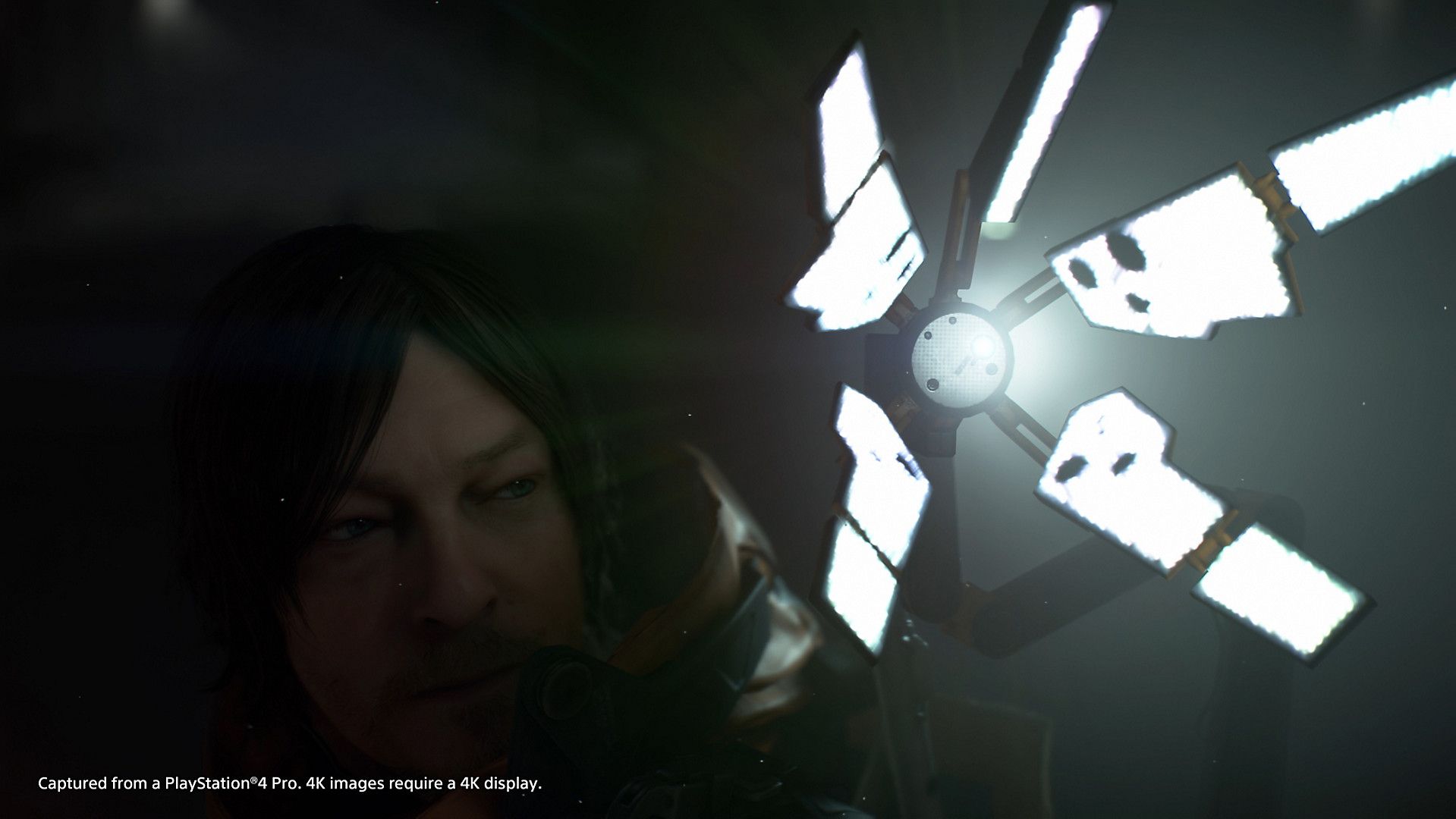I can't think of any other game I have played in recent years that has left me more divisive in my final verdict than Death Stranding. Hideo Kojima's first game in his post-Metal Gear Solid life has been in the public consciousness since 2016 and it's been a game that I've been enraptured with since that time. Heck, I even went as far as to say months before launch that Death Stranding was already one of my favorite games of all-time purely based on how much I enjoyed its pre-release cycle. Having now played the game though, my actual feelings are so much more complicated.
Death Stranding simultaneously represents everything that I both love and hate about video games. It boasts one of the most unique, captivating, and intriguing worlds that I have seen in any piece of media in quite some time. It backs this up with a narrative that is just as interesting at times, even though it often borders on incoherence. On the gameplay front, however, is where so many of my problems with Death Stranding lie. While the moment-to-moment gameplay isn't something that I would deem as outright bad, Death Stranding's roughly 40-hour runtime is hampered by so much repetition and filler content that it often makes getting to the next major plot point a slog.
Upon seeing the credits roll, though, so many of my issues with Death Stranding fell away. That doesn't excuse them on a critical front, but seeing the game through to the end made me have such a larger appreciation for it as a whole. Even though I had plenty of moments of frustration and annoyance throughout my time with Death Stranding, it's a game that has already left a sizable impact on me and is a title I'll likely continue dwelling on well into the future.
[pullquote]"[Death Stranding is] a game that has already left a sizable impact on me and is a title I'll likely continue dwelling on well into the future."[/pullquote]
Norman Reedus plays the role of Sam Porter Bridges, a porter who works for a unit called Bridges and has the first name of Sam. Complicated, I know. Sam sets out early on in Death Stranding to travel across the fallen landscape of what was once America in the hopes of bringing its people back together. In the fallout of an event called the Death Stranding, America has fallen apart with its remaining citizens and cities disconnected from one another. The country also happens to now be inhabited by spooky specters called BTs, which aim to kill those who are still living in the real world. Sam and the rest of his cohorts attempt to rebind America through something called the Chiral Network while dodging these ghosts, fighting against terrorists, and hauling around a baby.
In typical Kojima fashion, the story is an easy one to wrap your mind around at face value but it takes plenty of twists and turns throughout. Some of these twists are for the better, while others are straight-up nonsensical. Likely the biggest problem I have with Death Stranding's world and story is that oftentimes, I had no earthly idea what was being said or explained by some of the characters. The world that this game takes place in has a very specific set of rules, terms, and locations that you must become familiar with quickly or you'll forever be scratching your head in confusion.
My issue with this world and the story being baffling though has less to do with just that it can be difficult to wrap your mind around. In fact, I love how outright weird Death Stranding is. Even though I was left asking so many questions at times throughout the game, this world is one that I was constantly wanting to know more about and properly understand.
The larger issue is that when the game does try to explain certain things to you, it comes in the form of massive exposition dumps. Again, for those who are well-familiar with Kojima titles, this isn't anything new, but it doesn't make said story delivery any more palatable. Some of the late-game cutscenes and discussions, especially between Sam and another character named Amelie, really complicate things to an absurd degree. When it takes 10-15 minutes of non-stop expository dialogue to properly explain what is going on in the story and world, then that's kind of a problem.
[pullquote]"When it takes 10-15 minutes of non-stop expository dialogue to properly explain what is going on in the story and world, then that's kind of a problem."[/pullquote]
The writing as a whole in Death Stranding is also largely hit-and-miss. At times, Death Stranding feels like it is endlessly beating you over the head with its major themes of isolation, family, death, and building connections. It's clear what lessons Kojima and company want you to take away from Death Stranding, but the way in which these ideas are presented is so blunt that it often becomes jarring and removes you from the experience. In addition, there are some character arcs throughout the game that seem to serve no purpose whatsoever in the larger narrative and made me wonder why they were even included in the first place.
By the end of the game, Death Stranding mainly has two pivotal story threads that you're invested in. One involves Amelie and the throughline arc of trying to reconnect America while the other is associated with a character named Cliff, played by Mads Mikkelsen. Both threads end up having satisfying payoffs in their own ways, with Cliff's being the standout arc of the entirety of Death Stranding. I won't be spoiling anything in this review, but the ending of Death Stranding resonated with me on an emotional level far more than I expected it to. The game's final hours, which are largely made up of cutscenes, are met with some incredible performances that will stick with me for a long time to come.
Speaking of performances, Death Stranding is perhaps the most well-acted video game I have ever played. With an all-star cast that includes the likes of Reedus and Mikkelsen, this might not come as a shock to some, but I was still left impressed all the same. Tommie Earl Jenkins and Mikkelsen each specifically give two phenomenal performances down the stretch in Death Stranding, both of which are deserving of endless praise.
While Death Stranding is filled with plenty of great cutscenes and story moments though, a vast majority of your own playtime will be spent walking about the American countryside. Even though Death Stranding was shrouded in secrecy for years, the gameplay portions of the title are largely straightforward. As Sam, you'll be making various deliveries to different citizens across America. After being assigned an order, you'll typically pick up some objects that need to be delivered, throw said items onto your back, and make your way to their set delivery point. Once you turn in these deliveries to those who requested them, you'll then be able to get that location on the Chiral Network and begin the process of reconnecting them to the rest of America.
Death Stranding's gameplay loop is extremely simple and once you've played roughly five hours or so of it, you have a good idea of what to expect the rest of the way. This is both a good and bad thing in the long run. On the bad end of the spectrum, Death Stranding gets very, very repetitious. There are large portions of the game where you will just be endlessly making deliveries with what seems to be no end in sight. Episode 3 of the game, specifically, is difficult to get through. This section of Death Stranding is very long, dull, and doesn't offer much in the way of advancing the larger story.
Backtracking is also present far-too often and can be soul-crushing at times when you see how far you have to go back and forth across the map to complete a certain delivery. Episode 5 is the most prominent offender of this and had me legitimately screaming at my TV in anger when I found out where the game was asking me to go on multiple instances. There is so much fat in Death Stranding that could've been trimmed out to make it a tighter, more concise experience. Instead, the game just feels artificially lengthened for no reason whatsoever. Death Stranding doesn't need to be 35-40 hours long at all and only clocks in at such a length due to the amount of tedium you have to wade through in the middle portions of the game.
Despite these complaints, there is something inherently satisfying about the loop in Death Stranding. Yes, it is just a fetch quest simulator when you boil it down to its simplest form, but there's a strange, meditative quality to it at times. Buried beneath my frequent frustration and, in all honesty, boredom, throughout some portions of the game were moments of simplistic beauty. Slowly walking down a mountainside trying to juggle a dozen packages on Sam's back while a Low Roar track plays softly in the background was borderline relaxing and allowed me to more aptly appreciate the beauty of the world within the game. Death Stranding isn't a game that I would say is "fun" to play at any point, but it is unique and feels refreshing compared to all other gaming experiences in 2019.
The only objectively awful part of the gameplay experience in Death Stranding comes with combat. You don't engage in bouts with enemies all that often throughout the game, but when you do, it sure feels terrible. Most of the time, you'll just end up mashing the square button to punch enemies out, but you can also use a select assortment of weapons and guns, too. Smacking MULEs across the face with packages can be pretty funny, however.
[pullquote]"Death Stranding isn't a game that I would say is 'fun' to play at any point, but it is unique and feels refreshing compared to all other gaming experiences in 2019."[/pullquote]
There are also multiple chapters of Death Stranding where the game devolves into a third-person shooter. These sections of the game, while boasting some remarkable setpieces, are also poor from a mechanical standpoint. It's weird to have these shooting portions of Death Stranding feel so bad though, especially considering Kojima's last game was the immaculate Metal Gear Solid V: The Phantom Pain, which is, to me, the best third-person shooter title of this entire generation from a gameplay perspective.
While I'm inciting Metal Gear, I guess I should mention that there are some stealthlike areas in Death Stranding as well. Most of the time, stealth within the game occurs when you're trying to sneak past BTs. Running into these ghost-like creatures happens somewhat randomly and is all determined on when a Timefall (essentially a rainstorm) ends up occurring. Whenever you run across these instances, the tension ratchets up to 11 and really makes you feel uneasy as you tiptoe your way through your current surroundings. It's a nice injection of horror into an otherwise horror-less game and, in retrospect, makes me continue to wonder about how Silent Hills would've turned out had Kojima not departed from Konami.
Boss fights are also occasionally present in Death Stranding, but they're not very memorable in the slightest. Some of these battles are visually impressive to look at, but they never boil down to anything more than spamming the same attacks over and over with certain weapons. One late-game fight proves to be more enjoyable than the rest, but this is more so because of the way in which it is presented cinematically. The fight itself, like the rest of the combat in Death Stranding, just isn't very engrossing, which is a disappointment considering Kojima's boss battle lineage with the Metal Gear franchise.
The sole aspect of Death Stranding that I do legitimately find groundbreaking comes with how you interact with other players. Even though Death Stranding is a single-player experience, others who are playing the game can have an impact on your world, and vice versa. If one player happens to build a structure or do something as simple as setting down a ladder in a certain location, that action then takes effect in more than just their own world. This means that as you wander about, you'll see all kinds of objects that other players have built or established that you can then utilize for yourself.
This aspect of Death Stranding is unlike anything else I can remember seeing before on this level and continues to enforce the game's vision of connecting with those around you. While games like Dark Souls have had elements of this type of system before, it's a whole different beast to be able to essentially build out the world around you with people you've never even met. Death Stranding almost feels like a co-op game because of this and provides a level of satisfaction I've never had in a gaming experience before. Having to traverse to the far side of a mountainous region only to find that previous players had laid down zip lines to help me navigate the terrain more easily is truly awesome. In turn, this instilled within me the desire to help build more structures so that I could help those who may have previously helped me. Receiving in-game notifications that other players had utilized the structures I set up was more pleasing than anything else I accomplished in Death Stranding.
If there is one thing that Death Stranding will be remembered for or inspire other developers to do long-term, it is this interconnected player system. I still largely prefer my single-player experiences to only be confined to my own play, but I think Death Stranding has proven that you can add in multiplayer or co-op elements to games like this in novel, interesting ways. I don't know what Kojima Productions plans on doing next, but I'd love to see some of these ideas within Death Stranding iterated upon in the future.
I also can't go without saying just how gorgeous Death Stranding is. If you've previously invested in a PS4 Pro, you'll easily be getting your money's worth. The Decima engine that the game was built on continues to be one of the most impressive in the industry at this very moment. The backing soundtrack of Death Stranding is also beautiful and, for my money, is the best original score of 2019.
After completing Death Stranding, I think my biggest takeaway is that I'm just shocked that this game exists in the first place. The fact that Sony was willing to give Kojima and his team countless millions to create a game where you just walk about and deliver packages is wild. In an age where live-service games are running rampant and seem to be the main offering from many publishers, Death Stranding feels like a breath of fresh air, for better or worse.
[pullquote]"Death Stranding might not go down as my favorite game ever made by Hideo Kojima, but it's very likely his most inventive and unique to date, which says a lot."[/pullquote]
Death Stranding is far from a perfect game. It's way longer than it should be, isn't necessarily what I would deem fun to play, and has a story that often becomes messy and nonsensical. Despite all of this, I can't help but be impressed by the final product. The amount of heart, passion, and sincerity that has gone into creating Death Stranding is on full display throughout the entirety of the experience.
Death Stranding might not go down as my favorite game ever made by Hideo Kojima, but it's very likely his most inventive and unique to date, which says a lot. If video games as a medium are ever going to progress past where they are right now, we need more games like Death Stranding that are going to take chances and try out new ideas. Not everything that Death Stranding sets out to accomplish works, but it stands firm in its vision all the same and as such, is worthy of admiration.
Death Stranding
- Engine
- Decima
- ESRB
- M for Mature: Blood, Intense Violence, Partial Nudity, Strong Language
- Released
- November 8, 2019
- Developer(s)
- Kojima Productions
- Publisher(s)
- Sony , 505 Games
- Genre(s)
- Action

